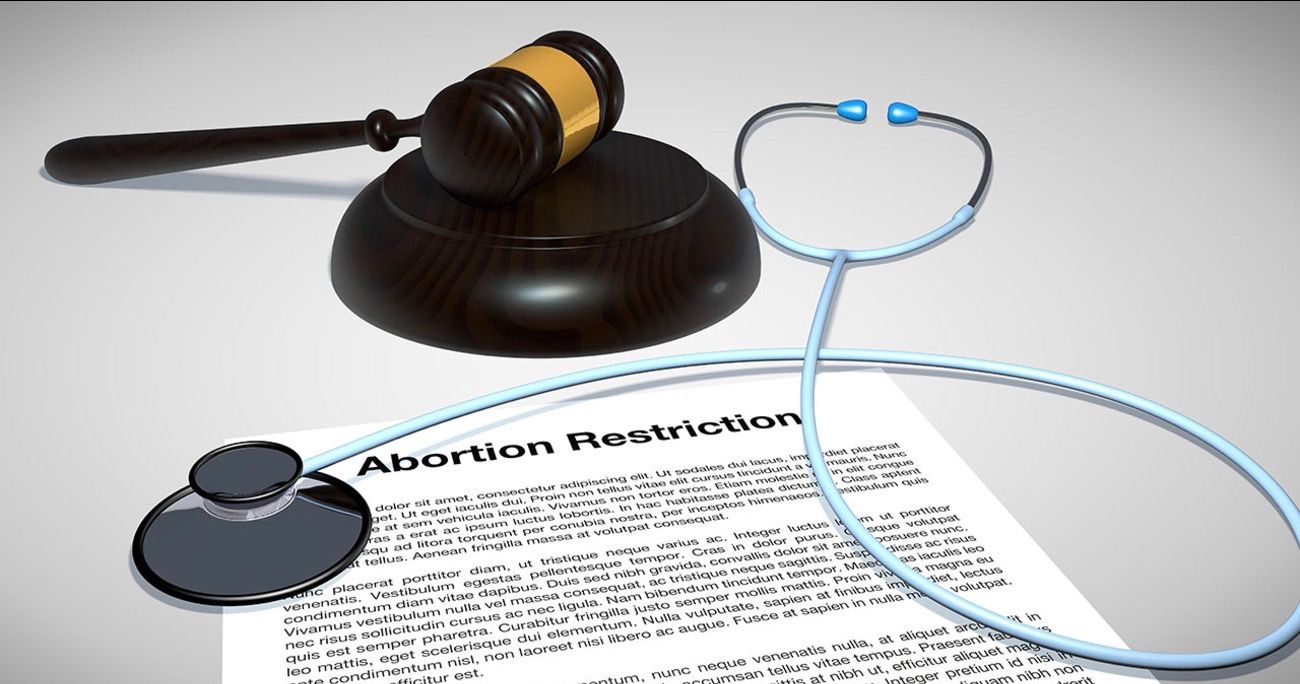Trigger warning: abortion
In Pennsylvania, lawmakers introduced a bill this week that would ban abortion if a fetal heartbeat can be detected, around six weeks into a pregnancy, which for many women is before they even know they are pregnant. Even though six-week abortion bans, which have been attempted in other states, have been blocked by courts, conservative legislators continue to press the issue.
“When you hear a baby’s heartbeat, everything changes,” Pennsylvania state Rep. Stephanie Borowicz, one of the bill’s sponsors, said Monday. “If you can be declared dead when the heart stops, why not declared alive when it starts?”
Even if the bill is passed by Republicans who control both houses of the Pennsylvania state legislature, Gov. Tom Wolf, a Democrat, has pledged to veto the bill.
Recently, lawmakers have backed away from total abortion bans in favor of bills that they believe would survive a legal challenge. Soon, the Supreme Court will hear June Medical Services v. Gee, a case that involves clinic restrictions in Louisiana that may allow conservatives on the Court to overturn or considerably weaken Roe v. Wade.
South Carolina is also weighing a ban on abortion after a heartbeat can be detected. On Tuesday, state senators eliminated exceptions for rape and incest from the bill and scheduled it for a full committee hearing. In Pennsylvania, the bill introduced would allow abortion after six weeks if a doctor decides that “the abortion is necessary.” The bill, however, does not state how the doctor should make that decision nor does it offer an exception for rape or incest.
“We are asking the Commonwealth to stand with us,” Borowicz said. “I believe we have the upper hand in Pennsylvania and across the nation. We will not be silent any longer.” The representative was joined at the legislature by members of the Pennsylvania Pro-Life Federation and children holding signs that read, “Hear a Heartbeat. Hear Him.”
If the bill is passed and the governor vetoes it, supporters would need a two-thirds majority in both the state House and Senate to override the veto, which seems unlikely since a significant number of Democrats would have to vote in favor. If it did pass, it would be challenged in court, where its survival is questionable.
In South Carolina, state senators held a hearing on their bill this week as well. “Killing the unborn baby, if a baby is conceived as a result of rape or incest, will not undo that crime,” said state Sen. Cash during the debate. “It is, in fact, likely that the person who is committing the crime of incest has influenced and perhaps even forces the young woman to go have an abortion to cover up the crime.”
Meanwhile, Margie Bright Matthews, the only woman on the subcommittee, said, “If South Carolina is going to follow any other state, we need to follow those states that have sweeping education reform and physical and mental health services for survivors of sexual assault.”
RELATED: U.S. Abortion 'Gag Rule' Went Into Effect This Week (Here's How Healthcare Is Changing)
Others like State Sen. Kevin L. Johnson criticized supporters of the bill for concerning themselves with birth but not adequate health care and education for children. “If life begins at conception, it does not end at birth,” he said.
The South Carolina bill has a greater chance of survival since Republicans hold a majority in the Senate, and South Carolina Gov. Henry McMaster, a Republican, said he would sign a six-week abortion ban. Still, the final decision would still be up to the courts.

